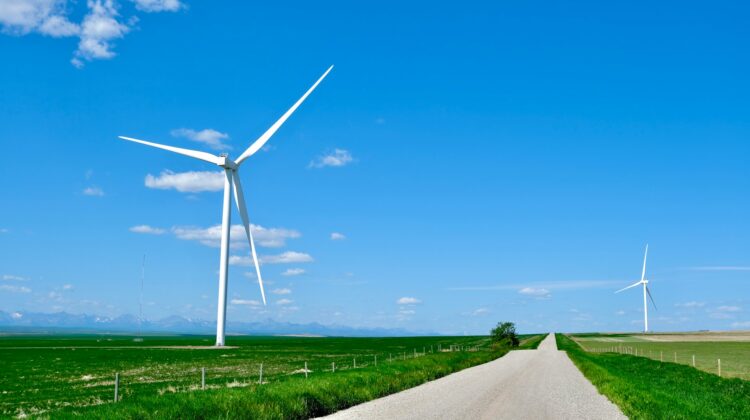
As countries around the world race to seize the economic opportunities associated with a net-zero future, the Government of Canada is taking bold action to ensure Canadian workers and industry succeed.
This week the Government announced Clean Economy Investment Tax Credits (ITCs), representing $93 billion in federal incentives by 2034–35, in hopes of attracting investment, supporting Canadian innovation, creating jobs and driving Canada’s economy toward net zero by 2050.
The announcement is a welcome development for small- and medium-sized businesses.
A recent survey of 534 Canadian businesses by KPMG found that 83 per cent require more assistance and incentives to decarbonize, and 80 per cent support federal ‘green’ investments or incentives to attract foreign companies to locate in Canada.
The Honourable Jonathan Wilkinson, Minister of Energy and Natural Resources, and the Honourable Marie-Claude Bibeau, Minister of National Revenue, announced the passing into law of the first four Clean Economy Investment Tax Credits: the Clean Technology ITC, the Carbon Capture, Utilization and Storage (CCUS) ITC, the Clean Technology Manufacturing ITC, and the Clean Hydrogen ITC.
Examples of eligible clean technologies include clean electricity generation equipment such as wind turbines and solar panels, stationary electrical energy storage, low-carbon heating systems such as ground and air source heat pumps, and non-road zero-emission vehicles.
Eligible businesses can now apply for and claim the Clean Technology and CCUS ITCs. The Clean Technology ITC and CCUS ITC are anticipated to provide eligible companies approximately $11.4 billion in support through 2027–28.
Eligible businesses should be able to apply for tax credits this fall for clean technology manufacturing and clean hydrogen projects. Further information on applying for the Clean Technology Manufacturing ITC and Clean Hydrogen ITC will be provided in the coming months.
More information regarding the Clean Economy ITCs is available online here.


